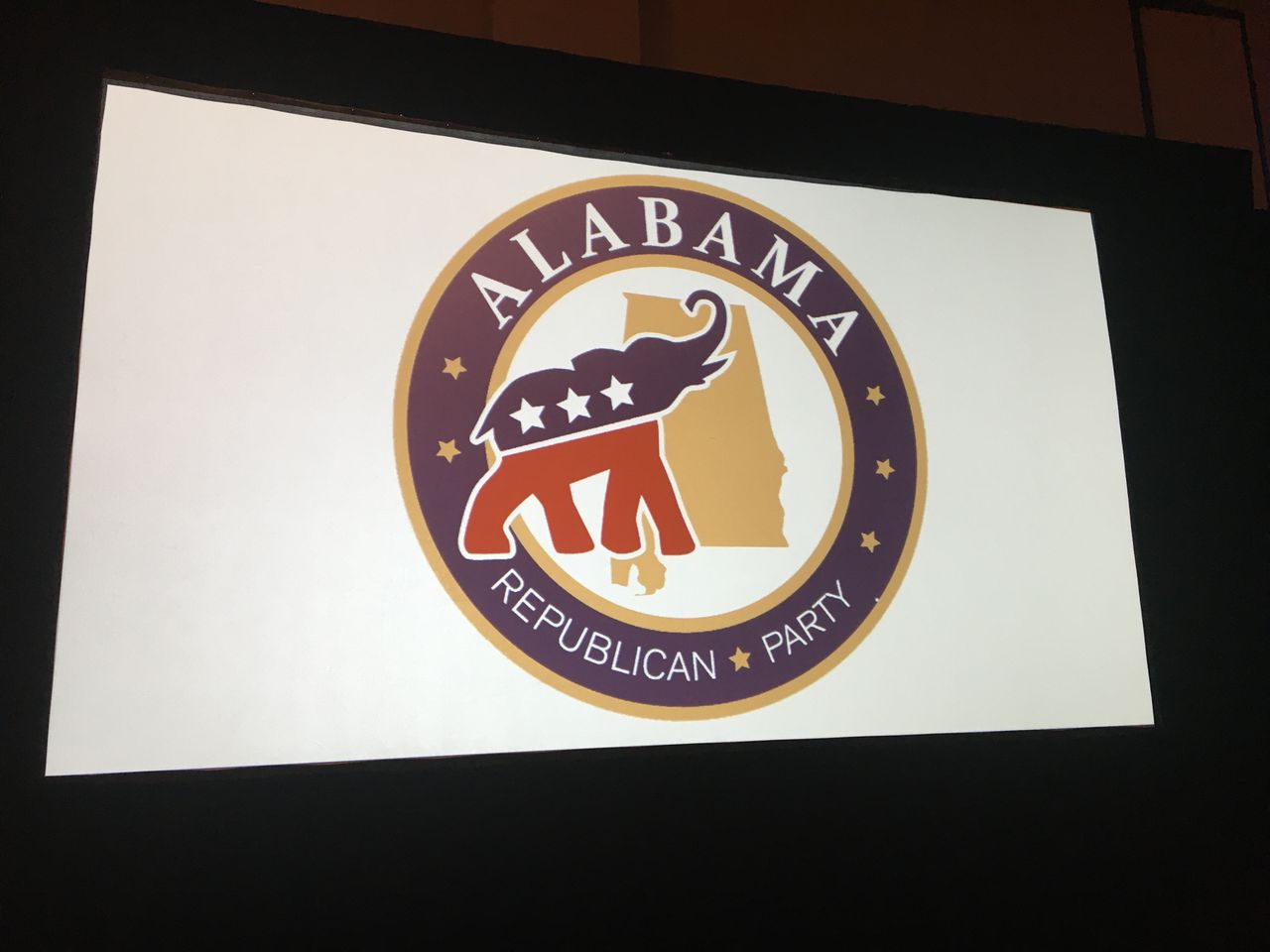Alabama GOP proposes partial ban on campaign money from AEA
The Alabama Republican Party will consider a rule to ban GOP candidates for the state Board of Education, local school boards, and county school superintendent positions from accepting campaign contributions from the Alabama Education Association.
State Republican Party Chair John Wahl said the rule is part of an effort to keep what he called “woke” policies such as transgenderism and divisive concepts on race out of public school classrooms and noted the AEA’s affiliation with the National Education Association, which he called a left-wing organization.
“The Alabama Republican Party is strongly committed to protecting our children from indoctrination in the classroom by left wing groups like the NEA and its affiliated organizations,” Wahl said in a statement. “Parents should decide what their children learn about divisive concepts, not education unions that have lost touch with the values of the American people.”
AEA Executive Director Amy Marlowe, in a statement to Alabama Daily News, which first reported the proposed rule, said Wahl was distorting the AEA’s priorities.
“Our voluntary membership comprises almost 90,000 Alabamians, with 72% identifying as conservative Republican voters,” Marlowe said. “AEA prioritizes all education employees working to teach children in Alabama’s local schools. Our focus is on education with no partisan perspective or fringe ideologies.”
Wayne Reynolds, a Republican from Athens who represents District 8 on the state BOE, said the proposed rule would have little effect because it would not apply to GOP candidates for the Legislature, who received the vast majority of AEA’s campaign contributions for the 2022 elections.
Reynolds said it’s the Legislature, not the school board, which has failed to pass some bills favored by many Republicans, including the Parental Rights in Children’s Education Act, or PRICE Act, which would have allowed parents to use taxpayer dollars to pay for private school. Republicans hold three-fourths of the seats in the Legislature.
“The Republican supermajority could pass what they want to pass,” Reynolds said. “The state Board of Education has nothing to do with any legislation like that. Nor did we lobby for it or have any interest in it.”
Reynolds said he would not oppose the resolution as written but considered it “incomplete and inadequate.” Reynolds said he accepted a contribution from the AEA during his general election race against a Libertarian candidate last year but said he was not influenced by it.
“I got money from a number of different organizations, and nobody asked me to do anything,” Reynolds said. “I’ve been a conservative Republican for decades.”
Wahl said the proposed rule is aimed at ending what he called a direct conflict of interest that involves school board candidates accepting contributions from an organization that represents the education employees that school boards regulate. Wahl compared it to the state law that bans candidates for the Public Service Commission from accepting campaign contributions from the utilities they regulate.
“We want to see parents in the driver’s seat with their education system, not any special interest group, whether that’s unions or other lobbyists that would try to influence curriculum or take that position away from parents,” Wahl said. “I want to see control of education be in the hands of parents and local teachers.”
The rule would expand on the state GOP’s existing rule that prohibits the party from accepting “money, in-kind contributions, or anything of value, directly or indirectly,” from the NEA or any affiliates.
“Officeholders and candidates are strongly admonished to follow the same rule and, because the NEA is a veritable adjunct of the Democratic Party, failure to heed this admonition shall be regarded negatively by the State Committee,” the current rule says.
The state Republican Executive Committee will consider the new rule at its meeting in Montgomery on Saturday. The meeting follows the GOP summer dinner in Montgomery on Friday night, where former President Trump is scheduled to speak. Trump is scheduled to appear in federal court in Washington on Thursday after his indictment on charges related to his efforts to overturn the 2020 election.
If the rule is approved, Wahl said intentional violators would be lose access to the ballot. He said the rule would include exceptions for mitigating circumstances like a contribution received without a candidate’s knowledge and returned.
Wahl said the state GOP would step in and replace campaign funding that a candidate had to give up because of the rule if that became necessary.
“The Alabama Republican Party is in an extremely strong position financially, and we will have our candidates backs,” Wahl said.
Wahl said the rule takes aim at an issue that is a top priority for families.
“I would refer you to the thousands of parents across the state who are concerned about their children’s education or do not have access to the curriculum their children are being taught,” Wahl said. “Or are concerned about things in their school libraries that their children are bringing home. I believe this to be probably the biggest political issue in the country right now.”
Wahl referred to a poll the state Republican Party conducted in April. Respondents were asked which of nine listed topics were most important to them, and 36% picked “protecting children from woke policies,” more than any of the other choices.
Two years ago, the state BOE approved a ban on teaching critical race theory in public schools. All seven Republicans on the board voted in favor of the resolution.
State Superintendent Eric Mackey said at the time that critical race theory was not in any of the state’s courses of study.
